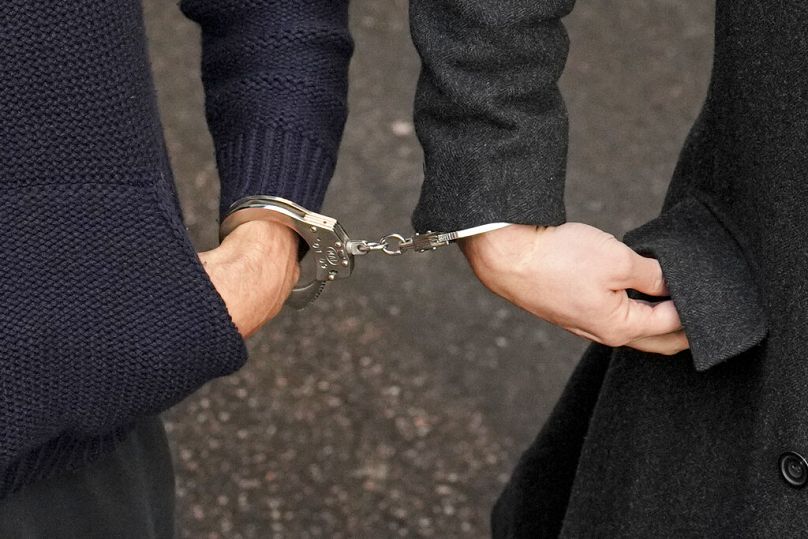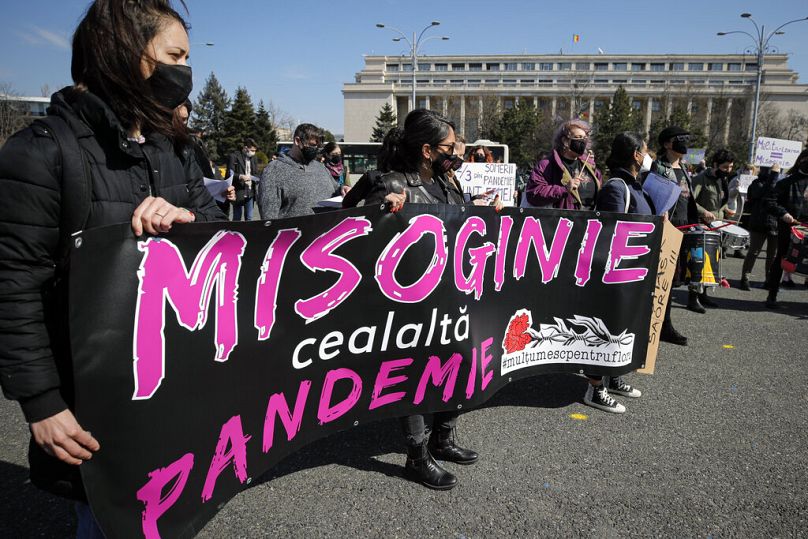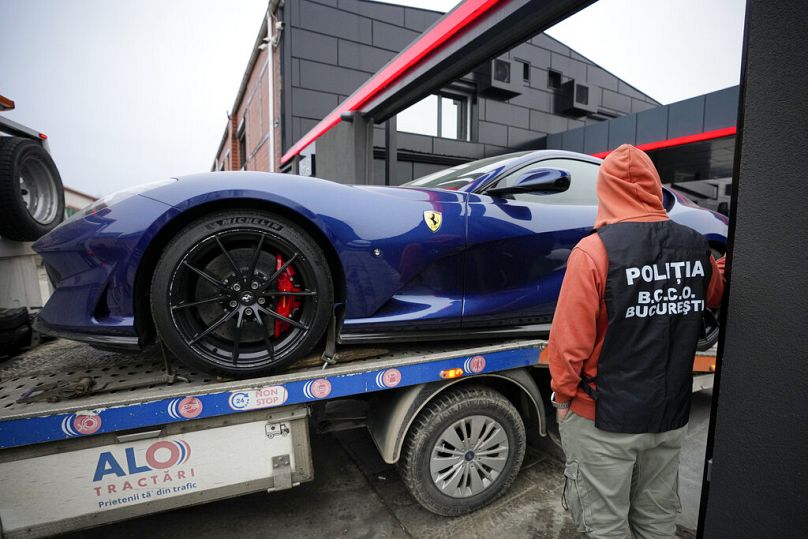Ever since the Romanian authorities arrested Andrew Tate in late December along with three others for alleged rape, human trafficking, and forming an organised crime group, the international press has been obsessed with the hypermasculine misogynist influencer — but not always for the right reason.
Andrew Tate and his brother Tristan are a much bigger, transnational example revealing a major overlap between technology-facilitated gender-based violence, socio-economic grievances, radical right tenets, and the failure of institutions and digital platforms to protect women’s rights and democracy.
I am fully aware that these are all “big words” to tackle.
Yet, we should have a serious conversation and address these issues that go well beyond the usual worldwide voyeurism accompanying highly-publicised and sordid cases like Tate’s.
We are hesitant to do something while damage keeps getting worse
Sexual exploitation of women hardly comes as a surprise given the self-professed online narratives where Andrew Tate boasted about women as properties of men, women as responsible for getting raped, and women as relegated to the sphere of domesticity.
about:blank
At the same time, I sincerely doubt one can dissociate between Tate’s digital world persona and the alleged narrative that “Tate is a decent human being in real life.”
I’ll let the justice professionals address the contents of his criminal record.
However, the blunt sexism professed by the digital “star” deserves to be discussed more broadly, expanding the conversation beyond a questionable — and all-too-simplistic — explanation grounded in the idea of resentment against women and their achievements.

Scholars and activists have warned everyone for a long time about the deeply ingrained misogyny of the radical right and an increasing “manosphere” that encourages resentment and hatred towards women and girls.
But we are failing to act while they are getting stronger.
Any attempt to dismantle sexist-dominant beliefs about women that range from denial of agency to brutal commodification has become more difficult as the online networks of mostly male “bros” continue to grow in size and reach.
The hyper-masculine views that Tate and others like him peddle support a culture that risks normalising abusive behaviour, including gender-based violence.
The existing and compelling research on the rise of the radical right, their use of digital media, forceful mobilisation of anti-gender campaigns and opposition against feminism should be convincing enough to address undermining women’s rights and social cohesion.
We are, however, still hesitant while the damage continues to compound. If we allow this to ossify, we risk normalising harmful beliefs that will eventually become impossible to undo.
Some of it is the internet’s fault
Despite a wider-shared belief that “women are all right in the 21st century” and so are their rights, political and institutional developments show otherwise.
Illiberal actors take advantage of gender conservatism to gain support and shift the fragile gender equality and women’s rights agenda.
And then there are the social networks of today: although digital platforms have not invented sexism or radical right, they did become best friends over the years.

Poorly regulated, they offer opportunities for diverse actors to loudly voice their radical right views, gain followers and make money.
Needless to say, there is a match made in heaven between platform algorithms, polarisation and controversial harmful narratives boosting visibility and reach for commercial interests.
In the case of Tate and his “brotherhood,” digital platforms allowed the dissemination of sexist content even after banning him for infringement of rules.
In this sense, research on digital media highlighted that it could play a significant role in the erosion of democracy itself.
Tate is not the first or the last — but we can make it harder for his ilk
The politics of resentment, especially online, are also intrinsically linked to the not-so-convincing responsiveness of countries and their governments in addressing gender inequality.
And there is a reason why the likes of Tate want to capitalise on the weaknesses of societies like the one in Romania.
After all, the Balkan country is struggling to advance gender equality and has ranked second to last in 2022 in the European Gender Equality Index.
One can hardly argue that the country is a haven for women’s emancipation.
Gender conservatism and populist and nationalist narratives strongly infused with religious tropes alongside increased opposition against gender equality and feminist politics do not create the atmosphere for a constructive, positive change towards a more just society.

In this sense, the radical right leanings require a multilayered discussion that includes a critique of neoliberal governance and political economy, their focus on the entrepreneurial individual and capitalist market relations, and the precarity of housing and the labour market, to name a few issues that contribute to the problem.
Tate is not the first or the last internet sexist advocating for a radical right world while capitalising on explicit or latent gender conservatism.
But he needs to be stopped so that others can see we are taking this seriously.
Nowhere should “owned by Tate” — a disturbing phrase seen tattooed on some of the women who worked for his webcam enterprise akin to a branding — become a trademark.
Nor should the Tate brothers grow into a Tate brotherhood.
This is not only a women’s or feminist struggle. It ought to be a core issue for democratic societies that have come to recognise the human dignity of women, question the outcomes of neoliberalism, and also envision a new social contract online.
Source: Euronews



